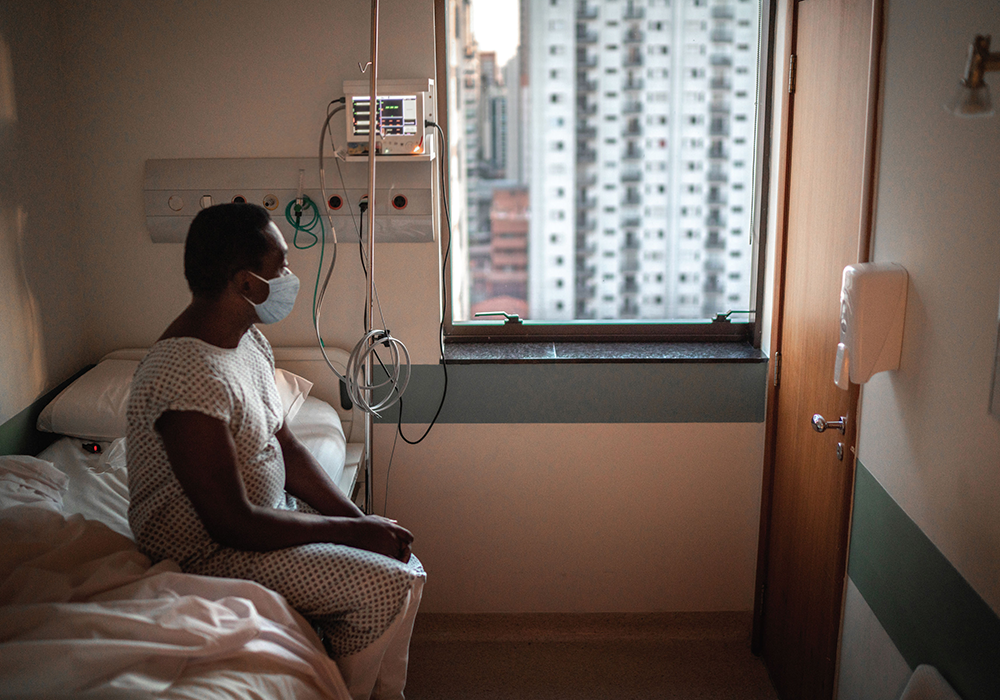Nearly a quarter of patients receiving a variety of drugs classified as immune checkpoint inhibitors develop infections during treatment and 15% are considered severe, researchers reported in study findings published in Cancer Medicine.
Researchers conducted a retrospective analysis of data from 111 patients who received nivolumab, pembrolizumab, or ipilimumab as treatment for melanoma, renal cell carcinoma, or non-small cell lung cancer. Of those, 24% developed bacterial infections and nine infections were confirmed with bacterial cultures. Overall, 14% developed serious infections with four confirmed bacterial cultures.
Types of infections included genitourinary (20%), skin or soft tissue (7%), pneumonia (5%), and noninfectious pneumonitis (5%). Infection rates were comparable regardless of the specific immune checkpoint inhibitor used, but use of concurrent steroids was significantly associated with serious infection (75% on steroids compared to 28.4% without steroids).
“The rate of serious infection with immune checkpoint inhibitors was higher in our study compared with previous reports of patients with melanoma,” the researchers concluded. “Infectious complications are encountered with immune checkpoint inhibitors and correlate with steroid use.”
ONS Voice offers an overview of evidence-based nursing considerations for managing adverse events with immune checkpoint inhibitors.






